
17 Oct 2025
Gohar Barseghyan and Oksana Lut discussed topical issues in agriculture
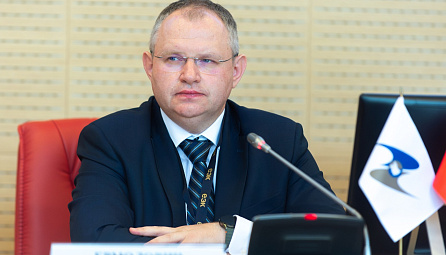
17 Oct 2025
Promotion of competitive public procurement within EAEU discussed in Moscow
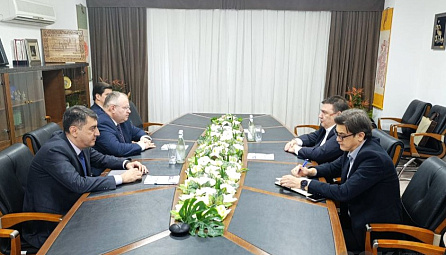
17 Oct 2025
Uzbekistan's experience in exchange activities to be used in creating EAEU common exchange market
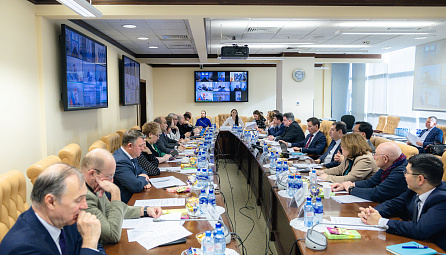
16 Oct 2025
EEC and EAEU businesses discussed barriers to mutual trade with Uzbekistan and possibilities of their removal

16 Oct 2025
EEC held seminar on using digital technologies at checkpoints
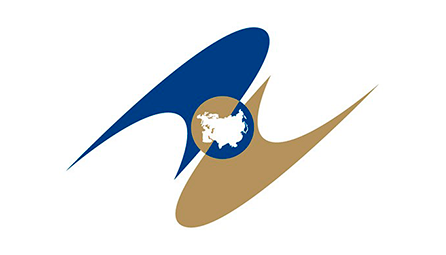
16 Oct 2025
Prospects for developing standardization in EAEU discussed in Minsk

15 Oct 2025
Eurasian Economic Commission's Jubilee Spartakiad took place in Moscow
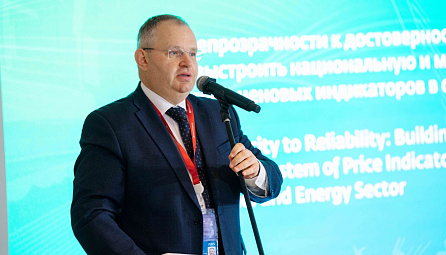
15 Oct 2025
Maksim Yermalovich: "The EEC started its work on establishing a common exchange commodity market within the EAEU by 2030"

14 Oct 2025
Andrey Slepnev held working Meeting with Alexey Gordeev, Deputy Chairman of State Duma

14 Oct 2025
Anti-dumping duty on aluminum tape from Azerbaijan and PRC extended during repeated investigation
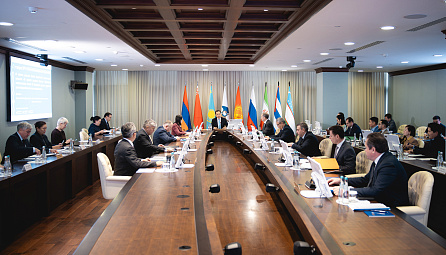
14 Oct 2025
Anti-dumping duty on aluminum tape from Azerbaijan and PRC extended during repeated investigation
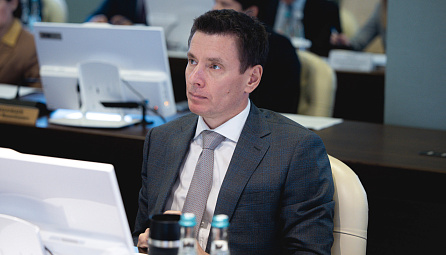
14 Oct 2025
EAEU to apply anti-dumping measures on PRC aluminum foil and titanium dioxide
